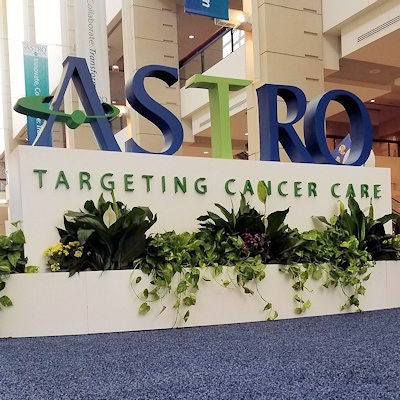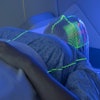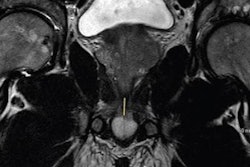
CHICAGO - Men who have undergone surgery for prostate cancer may not need long-term hormone therapy if they have low levels of prostate-specific antigen (PSA) after their procedure, according to research presented Sunday at the American Society for Radiation Oncology (ASTRO) meeting.
A patient's PSA level could be a predictive marker for choosing which men receive hormone therapy after surgery, noted presenter Dr. Daniel Spratt of the University of Michigan Rogel Cancer Center. Based on the study results, there appeared to be no survival benefit for men with PSA levels lower than 1.5 ng/mL -- and, indeed, hormone therapy appeared to have a harmful effect in these men.
The findings presented at ASTRO 2019 are an update to previous research discovered as part of NRG Oncology/RTOG 9601, a study conducted from 1996 to 2003 that found that adding two years of antiandrogen therapy after radiation therapy for men with recurrent prostate cancer boosted survival rates. That research prompted recommendations to use both radiation therapy and hormone therapy after surgery for men with recurrent prostate cancer.
In the new study, Spratt and colleagues performed a secondary analysis of data from RTOG 9601. At the time the study was conducted, it was routine to allow PSA to rise to high levels after radical prostatectomies before starting radiation therapy, but now, radiation is started if PSA becomes detectable at very low levels.
But is that really the right course of action?
Spratt's team focused on data from a subset of RTOG 9601 patients with PSA levels of 0.6 ng/mL or less -- the current threshold for starting radiation therapy. The researchers found that men in this group were twice as likely to die from causes other than cancer after getting hormone therapy (hazard ratio = 1.94), and men with the lowest PSA levels -- 0.2 ng/mL to 0.3 ng/mL -- were four times as likely to die of other causes (hazard ratio = 4.14).
Indeed, in the cohort of patients with low PSA, they had an increased risk of cardiac events that were three to four times higher than those who did not receive hormone therapy.
"PSA can help predict who benefits or is harmed from hormone therapy," Spratt said. "At high PSAs, there is a significant improvement in survival, and at low PSAs, there is a concern that they could be harmed."
In comments on the presentation, Dr. Anthony Zietman of Massachusetts General Hospital noted that 100,000 men each year undergo radical prostatectomy, and of these, 30,000 see rising PSA levels that could indicate recurrence.
"This really suggests that we need to hold back a little. There are some people who really benefit [from hormone therapy], some people who don't benefit, and some people who just might be harmed," Zietman said in an analysis of the findings at ASTRO's Sunday news conference. "I think we can be much more cautious and thoughtful in the future. From here on out, I'm going to be a lot more cautious with my patients."

















